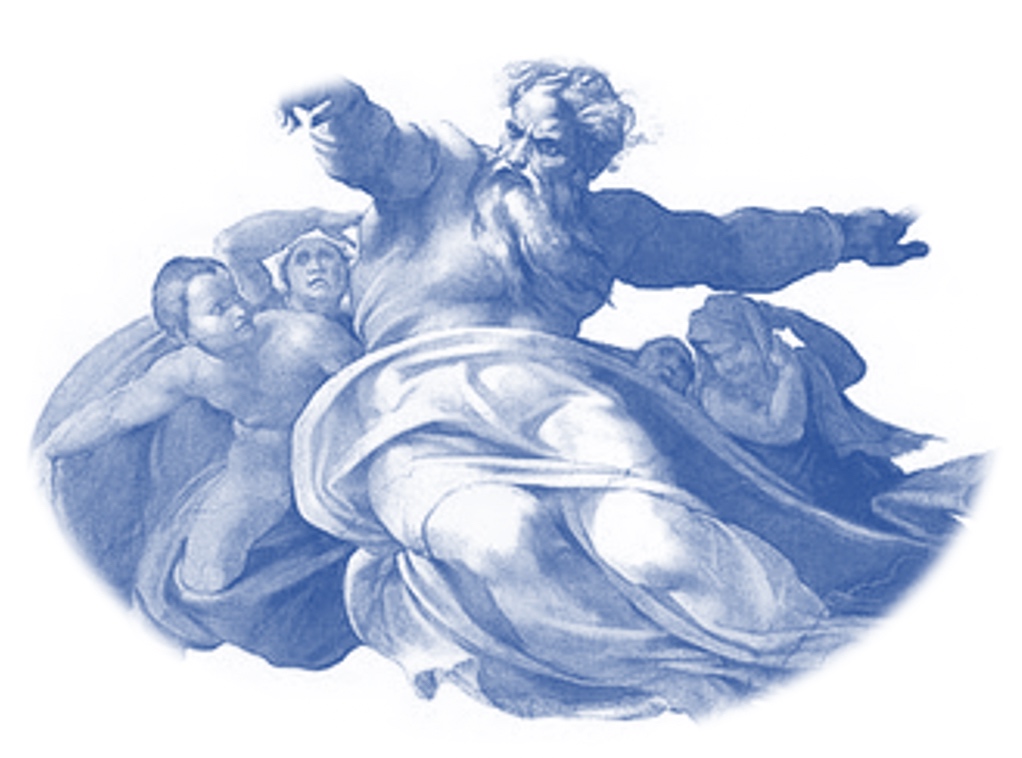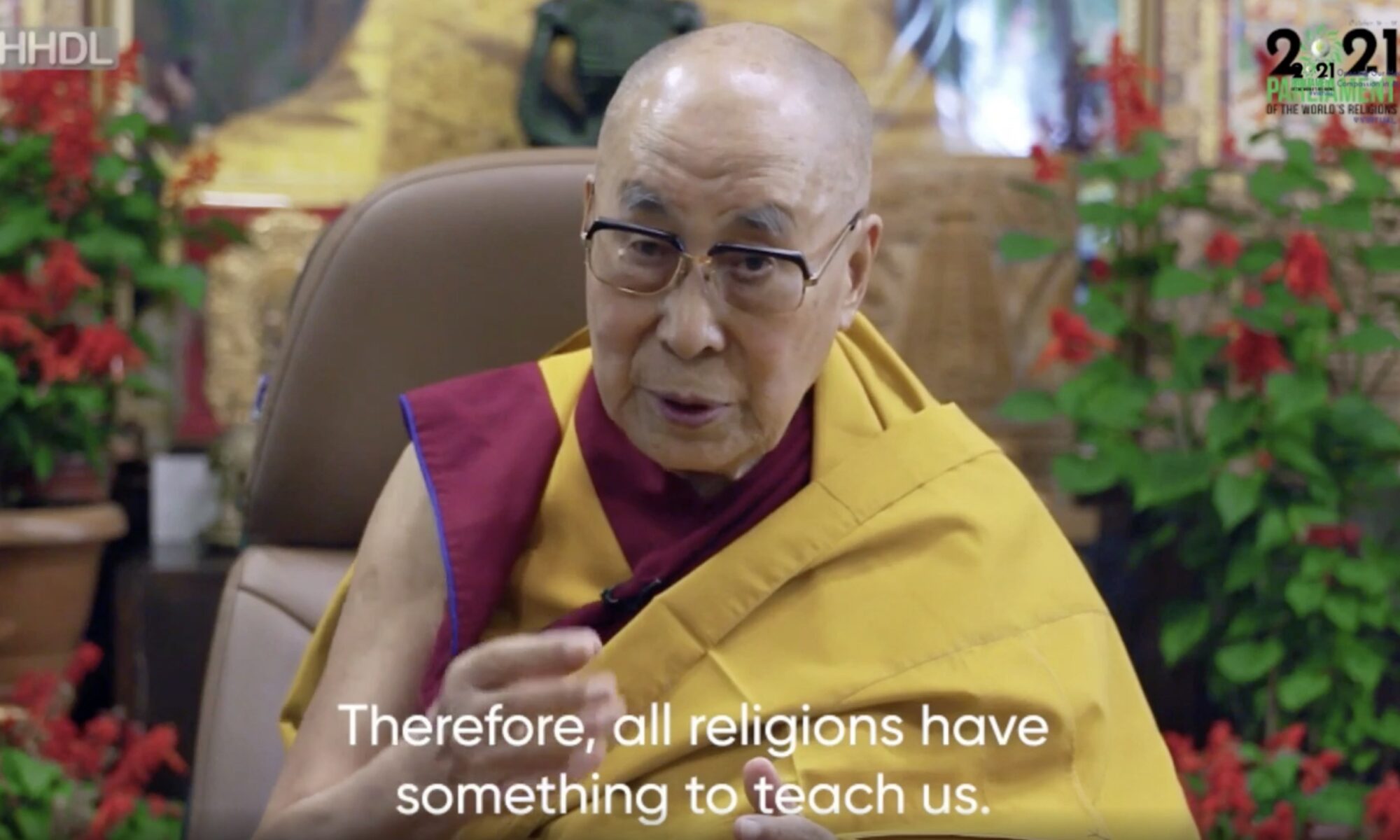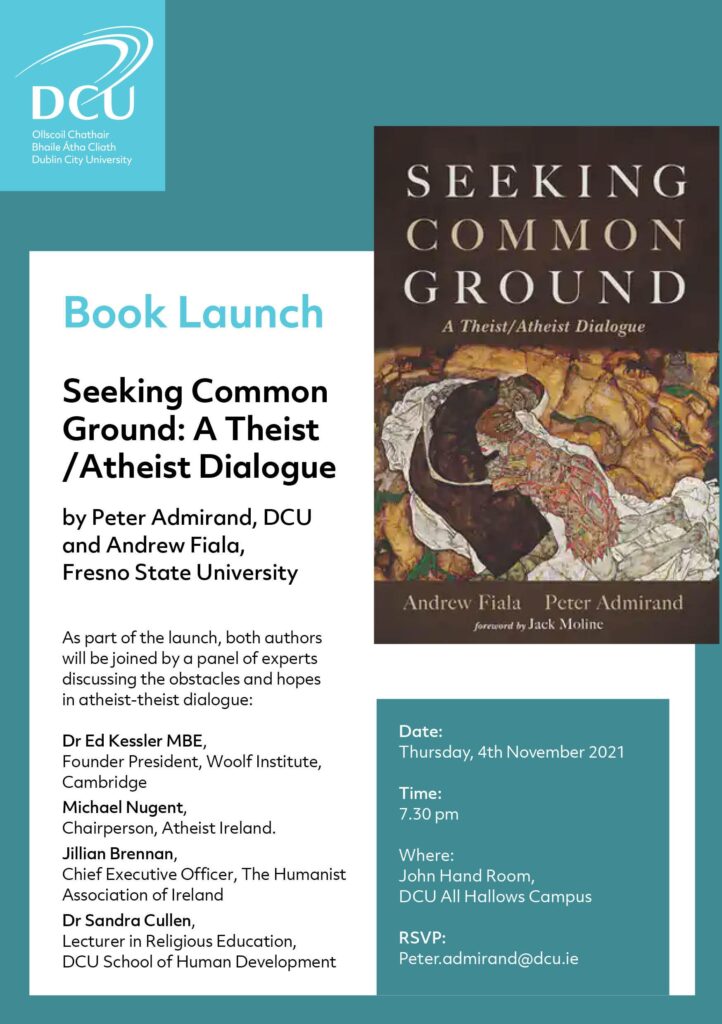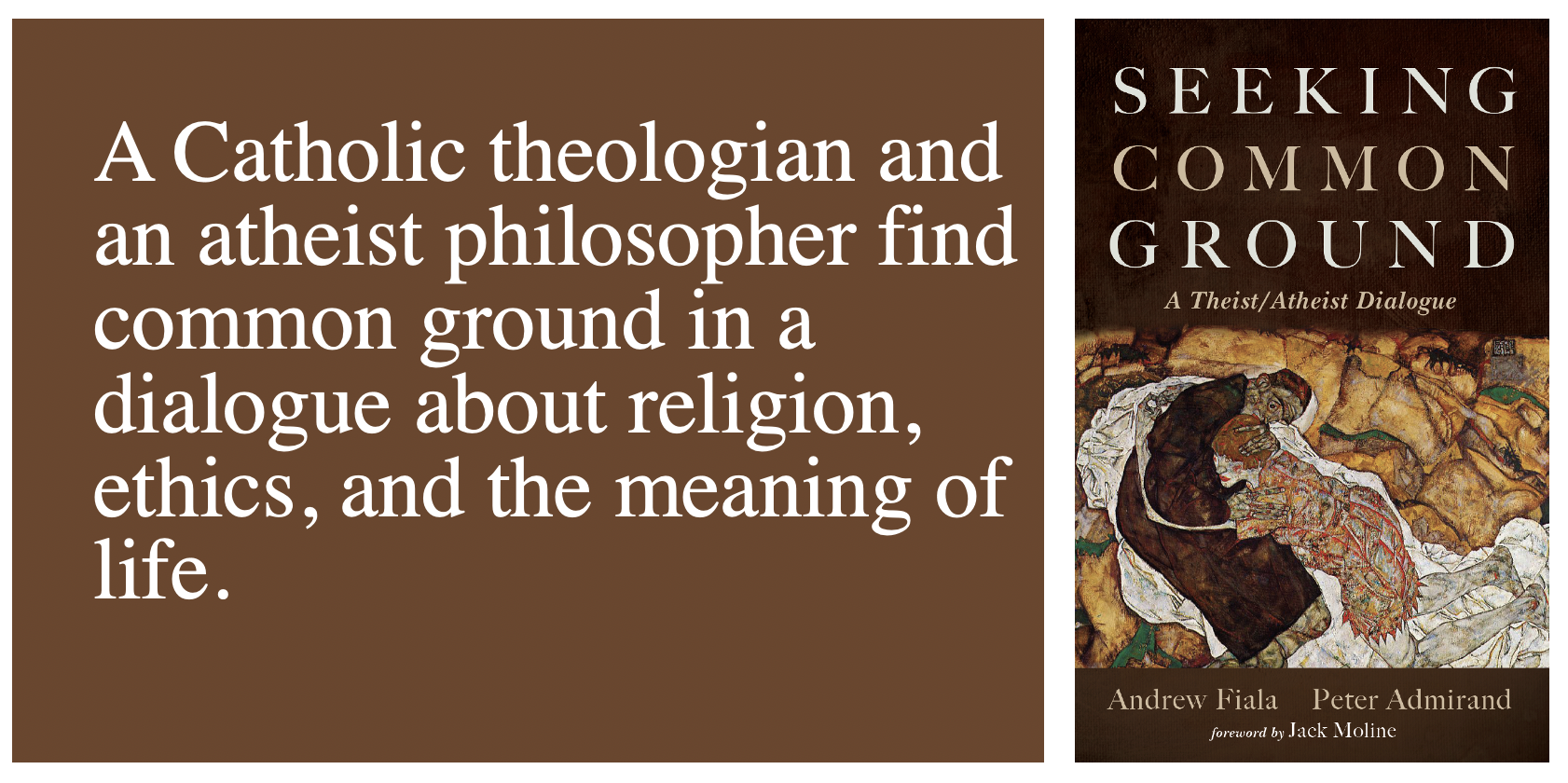In our secular society, Christianity has become an interest group vying for influence in the marketplace of ideas. It is no longer taken for granted that this is a Christian country.
Consider a recent case before the U.S. Supreme Court, involving a Christian group that wanted to raise its flag outside city hall in Boston. The court is considering whether this would be an endorsement of Christianity by the city, or whether the flag is merely the private expression of Christian citizens.

If the Christian group wins the case, its victory will mean only that the group has the right to express its religious beliefs in a public forum. They must take turns along with advocates of LGBT rights, BLM protesters, and other groups who want to fly their flags. No one is arguing here that the state ought to reserve a privileged place for Christian symbols and beliefs.
American secularism is grounded in the First Amendment to the Constitution. The First Amendment’s “establishment clause” prevents government entities from endorsing any faith. Its “free expression clause” permits individual citizens to express their own religious (or non-religious) beliefs.
Clarity about this is important, given the shifting religious identification of American citizens and the threat of religious violence. Our system allows people with diverse religious and non-religious beliefs to peacefully coexist. And it prevents the government from oppressing religious minorities.
Some people continue to maintain that America is a Christian nation. A recent report on NPR quoted a minister at a “patriot church” in Tennessee, who said, “You know why there’s churches everywhere and not mosques? Because we’re a Christian nation.”
But the First Amendment and our shifting demography point in another direction. In a report published at the end of 2021, the Pew Research Center indicates that the Christian population has continued to decline. Only 63% of Americans identify as Christian. Non-Christian religions (Jews, Muslims, Sikhs, Hindus, etc.) account for another 6% of the population. And even among the faithful, religious belief is often lukewarm. Fewer than half of Americans report that they pray daily. Only about 40% say that religion is very important in their lives.
The fastest growing group in our country is the “nones,” those who answer “none of the above” when asked about their religious affiliation. The “nones” have nearly doubled since 2007, when Pew began tracking the data. Nearly one in three Americans (29%) are “nones.” This includes some atheists (4%) and agnostics (5%). But many of the non-religious simply do not identify with traditional religious categories.
It is true that at one point in our history, Christianity was the dominant faith. But even that claim needs qualification. Many of the founders had unorthodox views. George Washington attended church infrequently. When he did go, he refused to take communion. Thomas Jefferson admired Jesus, but was skeptical of the Bible’s miracles. John Adams claimed that the Christian view of the trinity was absurd. And America is the home of alternative Christian faiths such as Mormonism, Adventism, and Christian Science.
Critics will also argue, as Frederick Douglass did, that a nation founded on slavery could hardly be called “Christian.” Douglass argued against “the corrupt, slaveholding, women-whipping, cradle-plundering, partial and hypocritical Christianity of this land.” He said, “I can see no reason, but the most deceitful one, for calling the religion of this land Christianity.”
Elizabeth Cady Stanton said something similar. She thought that Christianity contributed to the oppression of women. She worked with a team of feminists at the end of the 19th century to rewrite the Bible. The result was “The Woman’s Bible,” which thoroughly revised the Bible’s patriarchal and misogynistic texts.
And so it goes. We disagree about what Christianity means. A growing number of us no longer identify as Christian. And Christian groups must vie time on the flagpole along with other interest groups.
This is the reality of our secular system, operating under the First Amendment. Under our Constitution, religious liberty is valued while the government is prevented from endorsing any specific religion. In this country we are free to argue about the meaning of the Bible. We are also free to gather round the flagpole and argue about history and the role of religion in our public life.







